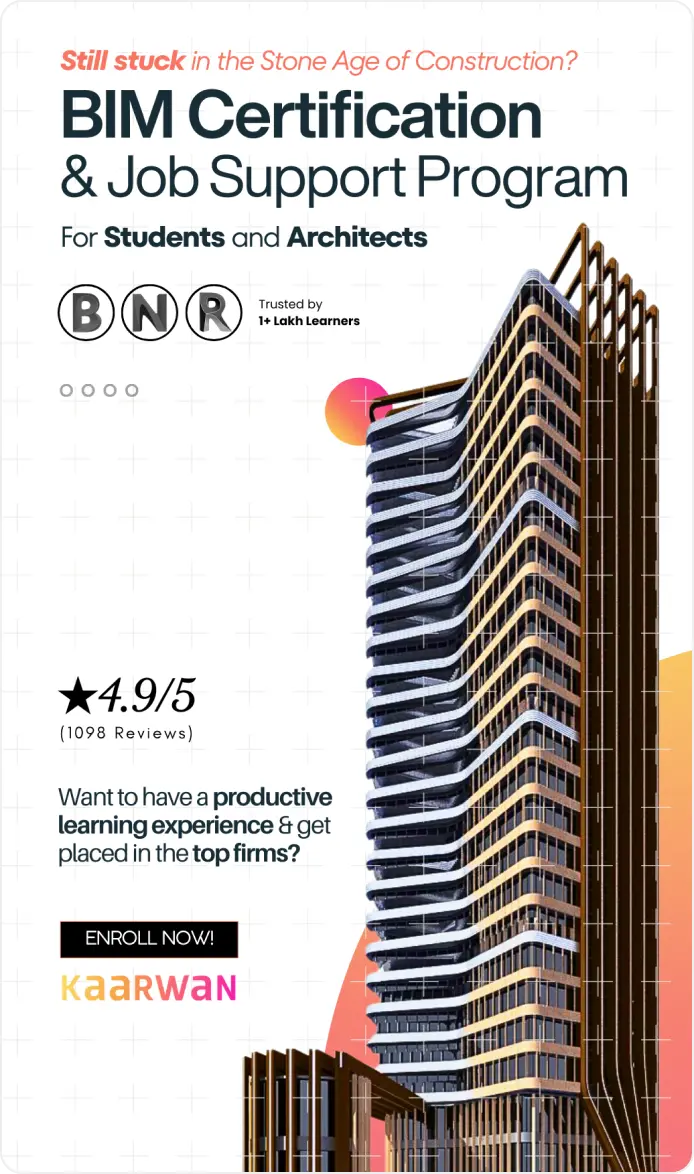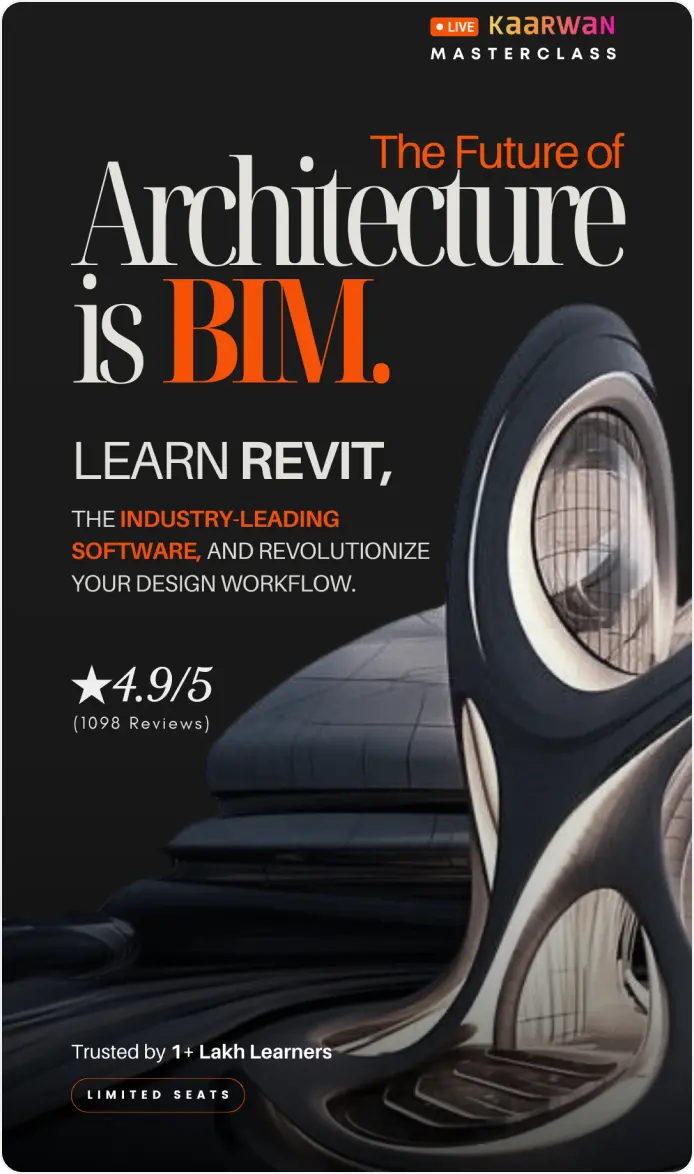Urban design plays a pivotal role in shaping the future of our cities. It encompasses a multifaceted approach to creating vibrant, sustainable urban spaces. In this thorough guide, we dive into the various challenges faced by growing cities worldwide and explore innovative solutions to address them effectively.
Population Growth and Urbanization
The relentless surge in population growth has exerted tremendous pressure on urban areas, leading to unprecedented levels of urbanization. Understanding the trends and patterns of urban changes is required in devising strategies to mitigate its adverse impacts. Rapid urbanization poses significant challenges, ranging from strained infrastructure to environmental degradation, necessitating urgent attention and proactive measures.
Infrastructure Strain
The exponential growth of urban populations aggravates the strain on existing resources, infrastructure, leading to crippling traffic congestion and inadequate transportation networks. To reduce these challenges, cities must embrace innovative solutions aimed at enhancing the efficiency and sustainability of their infrastructure systems. Implementing smart technologies and adopting holistic urban planning approaches are instrumental in fostering resilient, future-ready cities.
Housing and Accommodation
One of the most pressing issues confronting rapidly growing cities is the affordability and accessibility of housing. The expansion of slums underscores the urgent need for innovative housing solutions that cater to the diverse needs of urban dwellers. By embracing inclusive and sustainable housing practices, and redevelopment projects to uplift the low-income sections of society, cities can foster equitable development and improve the quality of life for all residents.
Environmental Sustainability
The need to safeguard the environment has never been more urgent, as cities grapple with escalating levels of pollution and dwindling natural resources. Integrating green spaces into urban landscapes and implementing sustainable waste management practices are crucial to developing environmental resilience. Embracing eco-friendly urban planning strategies not only enhances the livability of cities but also safeguards the planet for future generations.
Social Equity and Inclusion
Addressing social inequalities and promoting inclusive development are paramount in building cohesive and resilient cities. By prioritizing community engagement and participatory planning processes, cities can empower marginalized communities and bridge the gap in access to resources and services. Embracing diversity and cultivating a sense of belonging are foundational principles in creating inclusive and thriving urban environments.
Technological Integration
The start of smart technologies has revolutionized urban planning and management, offering unprecedented opportunities for innovation and efficiency. Smart city initiatives, the integration of data-driven decision-making processes, and technology play a key role in shaping the future of urban development. However, it is necessary to address concerns regarding data privacy and the digital divide to ensure equitable access to technological advancements.
Cultural Preservation
Preserving cultural heritage amidst rapid urbanization is essential in maintaining the identity and character of cities. Integrating cultural elements into urban design architecture not only enriches the built environment but also nurtures a sense of pride and belonging among residents. Adopting adaptive reuse strategies and promoting cultural tourism are effective means of preserving and revitalizing cultural heritage sites.
Governance and Policy
Effective governance and robust urban policies are essential in steering cities towards sustainable development and inclusive growth. Governments play a crucial role in providing the necessary regulatory framework and infrastructure investments to support urban transformation. Drawing inspiration from successful governance models and fostering multi-stakeholder collaboration is essential in overcoming governance challenges and taking collective action and decisions.
Collaborative Planning Approaches
Multi-stakeholder collaboration and public-private partnerships are essential in addressing complex urban challenges and driving inclusive development. Using the expertise and resources of diverse stakeholders, cities can harness collective intelligence and give rise to innovative solutions. Case studies of successful collaborative planning projects offer valuable insights into the potential of partnership-driven approaches in achieving sustainable urban development goals.
Resilience and Adaptation
Building resilience to natural disasters and climate change is imperative in safeguarding the long-term viability of cities. Adopting resilient urban design principles and integrating climate adaptation strategies into urban planning processes are essential in avoiding risks and enhancing preparedness. By prioritizing resilience and adaptation, cities can thrive in the face of evolving environmental challenges.
Inclusive Mobility
Promoting accessible and sustainable transportation options is essential for inclusive mobility and reducing dependency on private vehicles. Pedestrian-friendly urban design and investments in non-motorized transport infrastructure are key components of a comprehensive mobility strategy. With a priority toward the needs of pedestrians and cyclists, cities can create safer, healthier, and more equitable transportation systems.
Economic Development
Balancing economic development with environmental sustainability is the essence of urban planning in the 21st century. Stimulating economic growth and creating employment opportunities are essential for prosperity and improving livelihoods. However, it is necessary to adopt a holistic approach that prioritizes social equity and environmental stewardship to ensure inclusive and sustainable development outcomes.
Case Studies
Examining real-life examples of cities struggling with urban design challenges offers valuable insights into the complexities of urban development.
In Bangalore, urban design challenges stem from rapid urbanization, including traffic congestion, strained infrastructure, and housing affordability issues. The city grapples with severe traffic congestion due to inadequate transportation infrastructure, leading to long commute times and increased air pollution. To address this, Bangalore is investing in expanding its public transportation networks, such as the metro rail system, and embracing smart infrastructure solutions to improve resource efficiency and mobility. Additionally, the city is focusing on initiatives to increase affordable housing options through policies and partnerships, aiming to alleviate social inequalities and accommodate its growing population's diverse needs.
Meanwhile, New York City faces challenges such as housing affordability, climate change vulnerability, and transportation gridlock. Gentrification and displacement threaten the city's social fabric, while climate change risks, including sea-level rise and extreme weather events, pose significant threats to public safety and infrastructure resilience. New York is responding by preserving affordable housing stock, implementing climate resilience strategies, and expanding and enhancing public transportation options to reduce congestion and promote sustainable mobility. These efforts aim to create a more equitable, resilient, and livable urban environment for New Yorkers amidst the complexities of urbanization and climate change.
Conclusion
In conclusion, addressing the multifaceted challenges of urbanization requires a holistic and collaborative approach that prioritizes sustainability, inclusivity, and resilience. Innovative solutions and fostering meaningful partnerships for cities can create vibrant, livable urban environments that meet the needs of present and future generations. As we navigate the complexities of urbanization, let us remain steadfast in our commitment to building cities that are equitable, sustainable, and resilient.
Want to collaborate with sustainable projects for your city? Upskill with Kaarwan’s Advance Rhino & Grasshopper Certification with Job Support Program; this is your chance to propel your career and help shape the future with sustainable design. Enroll now!








